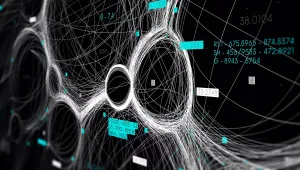AI Cyber Lunch: Bruce Schneier on "The Coming AI Hackers"
What will happen when AI systems learn to hack our economic, social, and political systems—and even our brains?
Join the Science, Technology, and Public Policy Program for an AI Cyber Lunch Seminar featuring Bruce Schneier, Adjunct Lecturer in Public Policy and Fellow at both the Belfer Center and the Berkman Center for Internet and Society. Drawing on his essay, "The Coming AI Hackers," Schneier will discuss the implications of a world of AI hackers and point towards possible defenses.
Q&A to follow. Buffet-style lunch will be served. Please note the change in location to Allison Dining Room.
Registration: In-person attendance is limited to current Harvard ID holders. No RSVP is required. Room capacity is limited and seating will be on a first come, first served basis.
Members of the public are welcome to attend virtually via Zoom. Virtual attendees should register using the button below; upon registering, attendees will receive a confirmation email with a Zoom link.
Recording: Please be advised that this seminar will not be recorded.
Accessibility: Persons with disabilities who wish to request accommodations or who have questions about access, please contact Liz Hanlon (ehanlon@hks.harvard.edu) in advance of the session.




